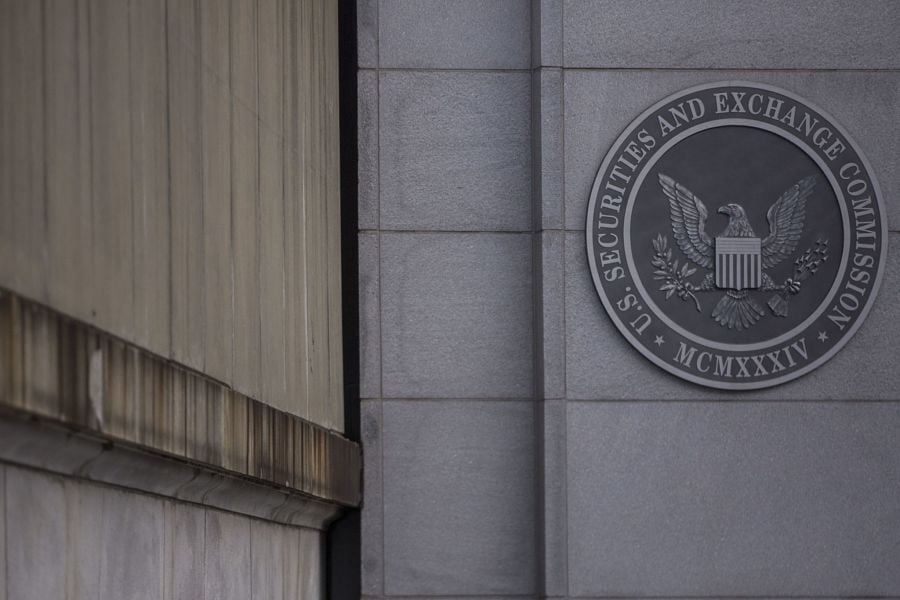

The Securities and Exchange Commission penalized two money managers for what it says were bogus claims about their use of artificial intelligence, marking the beginning of a fresh crackdown by Wall Street’s main regulator.
The SEC said Monday that Delphia (USA) Inc. and Global Predictions Inc. both made “false and misleading statements” about their purported use of the technology. Lawyers for each of the investment advisers didn’t immediately respond to requests for comment.
Shortly after the cases were announced, the SEC’s enforcement chief, Gurbir Grewal, said at a conference in Orlando, Florida, that the cases were only the start of the regulator’s action against misuse of AI.
“We’re looking for misstatements, we’re looking for breaches of fiduciary duties by advisers,” Grewal said. In addition to allegations of so-called AI washing, the regulator is looking for instances where the technology is used in market manipulation. The SEC is also on the lookout for conflicts of interest and has a team of people spread across the SEC’s enforcement and examination units looking into AI use.
SEC chair Gary Gensler has been warning firms about over-hyped statements related to AI. The agency has specific authorities to oversee statements that money managers make to investors. In February, Gensler also warned publicly traded companies to avoid “AI washing” when talking to investors about their use of the technology.
According to the SEC, Toronto-based Delphia made false statements about how it was using machine learning in its investment process from 2019 to 2023. Global Predictions, based in San Francisco, also made misleading claims such as that it was the “first regulated AI” financial adviser and other statements, according to the regulator.
Neither firm admitted or denied the SEC’s allegations in settling their cases. Delphia agreed to pay $225,000 and Global Predictions $175,000.
Companies from a range of industries have been advertising how they’re using AI to improve operations. More than 40% of S&P 500 companies discussed the technology in their annual reports to the SEC, according to a recent Bloomberg Law analysis. Financial firms are also harnessing the technology in everything from lending to trade recommendations.

The looming threat of federal funding cuts to state and local governments has lawmakers weighing a levy that was phased out in 1981.

The fintech firms' new tools and integrations address pain points in overseeing investment lineups, account monitoring, and more.

Canadian stocks are on a roll in 2025 as the country prepares to name a new Prime Minister.

Carson is expanding one of its relationships in Florida while Lido Advisors adds an $870 million practice in Silicon Valley.

The approval of the pay proposal, which handsomely compensates its CEO and president, bolsters claims that big payouts are a must in the war to retain leadership.
RIAs face rising regulatory pressure in 2025. Forward-looking firms are responding with embedded technology, not more paperwork.
As inheritances are set to reshape client portfolios and next-gen heirs demand digital-first experiences, firms are retooling their wealth tech stacks and succession models in real time.
